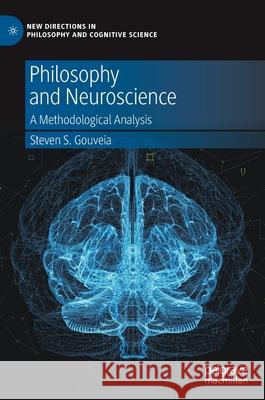Philosophy and Neuroscience: A Methodological Analysis » książka
topmenu
Philosophy and Neuroscience: A Methodological Analysis
ISBN-13: 9783030953683 / Angielski / Twarda / 2022 / 328 str.
Philosophy and Neuroscience: A Methodological Analysis
ISBN-13: 9783030953683 / Angielski / Twarda / 2022 / 328 str.
cena 442,79
(netto: 421,70 VAT: 5%)
Najniższa cena z 30 dni: 424,07
(netto: 421,70 VAT: 5%)
Najniższa cena z 30 dni: 424,07
Termin realizacji zamówienia:
ok. 22 dni roboczych
Dostawa w 2026 r.
ok. 22 dni roboczych
Dostawa w 2026 r.
Darmowa dostawa!
Kategorie BISAC:
Wydawca:
Palgrave MacMillan
Język:
Angielski
ISBN-13:
9783030953683
Rok wydania:
2022
Ilość stron:
328
Waga:
0.54 kg
Wymiary:
21.01 x 14.81 x 1.91
Oprawa:
Twarda
Wolumenów:
01
Dodatkowe informacje:
Wydanie ilustrowane











